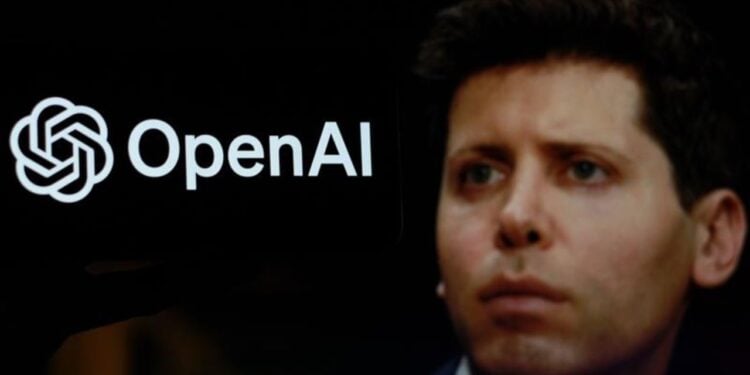Virtual employees powered by artificial intelligence (AI) could begin joining the workforce as early as this year, potentially transforming how companies operate, according to OpenAI CEO Sam Altman.
In a recent blog post, Altman predicted that AI coworkers — autonomous systems capable of performing tasks without human intervention — could start working for organizations in 2025, supposedly dramatically boosting productivity.
The announcement comes as AI firms, including OpenAI and its major backer Microsoft, push for applications that can deliver tangible returns on their significant investments in AI technology, according to The Guardian.
Microsoft has already introduced AI agents as part of its broader push to integrate AI into business processes, with consulting giant McKinsey being an early adopter.
These agents are designed to autonomously handle tasks like scheduling meetings and processing client inquiries.
OpenAI’s upcoming AI agent, codenamed “Operator,” is expected to launch later this month. The agent is being developed to perform actions like writing code, booking travel, and completing other tasks on behalf of users.
These advancements come in the wake of other notable AI product launches, such as Microsoft’s Copilot Studio and Anthropic’s Claude 3.5 Sonnet AI model.
McKinsey, for instance, is building its own AI agent to automate tasks related to new client interactions. The consulting firm has projected that by 2030, up to 30% of hours worked in the U.S. economy could be automated, a prediction that underscores the potential impact of AI on the workforce.
While AI coworkers like Operator are expected to focus on operational tasks, Microsoft’s AI head, Mustafa Suleyman, has hinted that the company is also working towards developing AI capable of making complex decisions, including purchasing transactions.
However, these advanced capabilities are still some way off, with Suleyman indicating they could emerge in the next few quarters rather than years.
In his blog post, Altman also discussed OpenAI’s progress toward building artificial general intelligence (AGI) — an AI system that is generally smarter than humans. The company is now turning its focus toward developing “superintelligence,” which Altman believes could revolutionize scientific discovery and accelerate innovation in ways that could vastly increase global prosperity.
While OpenAI is making significant strides in AI, Altman also touched on ongoing tensions with Elon Musk, who has criticized the company and its direction.
Musk, who co-founded OpenAI but left amid an internal power struggle, has filed several lawsuits against OpenAI, including one that also targets Microsoft. The legal battle stems from accusations that OpenAI is prioritizing profit over safety and undermining competition.
Despite this, Altman dismissed the possibility of Musk using his political influence to attack OpenAI, noting that he does not expect Musk to take action against the company through political channels.



 Dr. Gleb Tsipursky – The Office Whisperer
Dr. Gleb Tsipursky – The Office Whisperer Nirit Cohen – WorkFutures
Nirit Cohen – WorkFutures Angela Howard – Culture Expert
Angela Howard – Culture Expert Drew Jones – Design & Innovation
Drew Jones – Design & Innovation Jonathan Price – CRE & Flex Expert
Jonathan Price – CRE & Flex Expert












